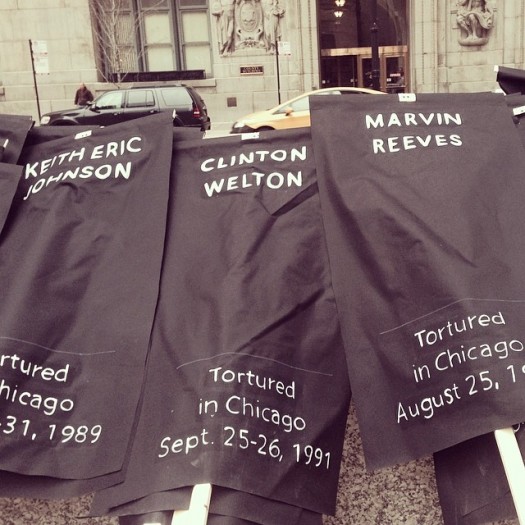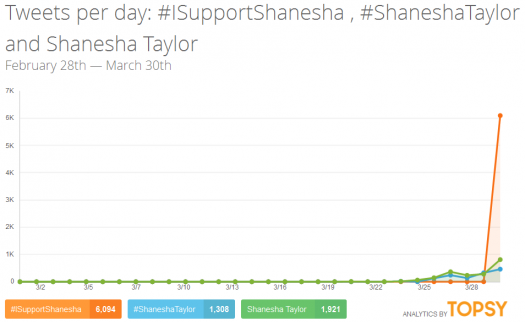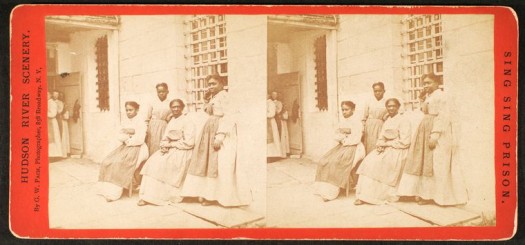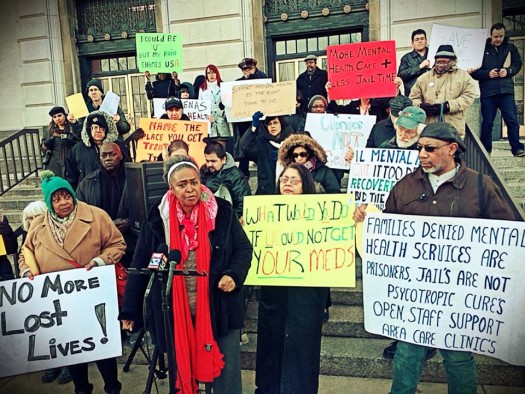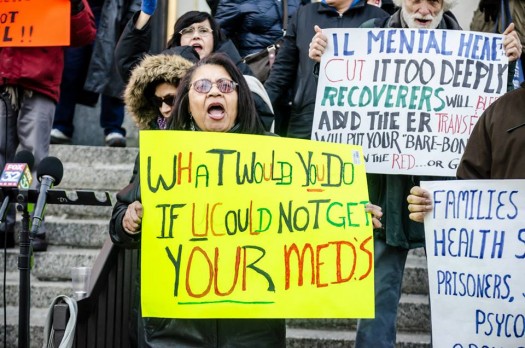“Every day in this country some women are coerced or forced by circumstances into doing things they don’t want to do. For many women, it is the only static condition of their ever changing lives: to regularly feel required to make hard choices among, at times, very poor options.” – Beth Richie, Compelled to Crime (1996).
“You people are Ridiculous for supporting this woman!! What she did was almost kill her two babies!! How many other times has she done this. Ot is not okay to leave ur kids in a car regardless even in winter in Arizona. I can tell from ur post EXACTLY what kind of mothers u are…” – Tamara Carlstrom, Commenter on this blog (2014).
By now, you’ve likely seen the ubiquitous mug shot photo. Shanesha Taylor with tears streaming down her face and a look of fear & devastation in her eyes. This photograph introduced me to Shanesha’s case and galvanized me into action on Tuesday. I felt as though I had been punched in the gut. I know that I am not alone. Friends have expressed their feelings using similar words. One friend, however, confessed that she felt ‘uneasy’ when she saw the photo. As we talked, she admitted that she was ’embarrassed’ and she wondered if it was exploitative for a stranger’s mug shot, in particular a black woman’s, to be plastered on various media platforms across the country and maybe the world. After all, there is ‘no country’ for black women anywhere.
After the initial wave of sympathy that I felt for Shanesha, I got angry. A homeless mother was so desperate that she left her young children in a car while interviewing for a job. She was then arrested and incarcerated. How could jail be the solution for what was obviously (to my mind) a consequence of poverty and a lack of resources? Of course, I worried about the children’s safety but most of the time removing a child’s primary caregiver doesn’t improve their future outcomes. So I wanted to know more and to find a way to support Shanesha and her children.
I took to social media to find people local to the Scottsdale area who might be able to help her. I reached out to the young woman, Amanda Bishop, who had established an online fundraiser to benefit Shanesha and her family. I was interested in verifying the authenticity of the effort so that I could help to boost it. When I first started sharing the link to the fundraiser, people had contributed $2,200. Since that time, the case has garnered much more attention. The last time I checked, nearly $39,000 had been donated to help cover Shanesha’s bail, legal fees, and perhaps other expenses. Eventually, through Twitter, I connected with two people (one of whom lives in Arizona) who helped me gather more information about Shanesha. I heard from a member of her family a couple of days ago who provided a short update and thanked everyone for their outpouring of concern for Shanesha and her children. He was truly overwhelmed by the support. It was unexpected…
I mentioned earlier that there is ‘no country’ for black women anywhere. I have written about this in many different ways over the past few years. Because most black women expect to be maligned and demonized when we are not being erased, I immediately understood my friend’s trepidation. What would the mass media and all of us do to a homeless black mother who seemingly ‘neglected’ her children? What pernicious tropes would circulate within the public sphere and be internalized like lashes from a whip by all of us as black women? Because rest assured that only delusional black women maintain that we are seen as individuals rather than as members of a morally suspect and undesirable group in the U.S. We’ve always been treated as less than human.
Throughout history and still today, we exist as caricatures in the minds of too many. The popular representations of black women are reflected and shaped by our ideas about race, gender, sexuality, class, and more. We exist in the culture as hypersexual, unfeminine, angry, potentially criminal, depraved things. We are preternaturally ‘strong’ and feel no pain so the image of a black woman in tears in public must be jarring indeed. Society is generally inoculated against black women’s tears. We have been excluded from ideologies of domesticity and our families are pathologized. And for some of us, when these reductive lies about who we are seem to be reflected back to us (maybe through a mug shot photo), we become embarrassed and ashamed. Then we hate ourselves for it.
Read more »
